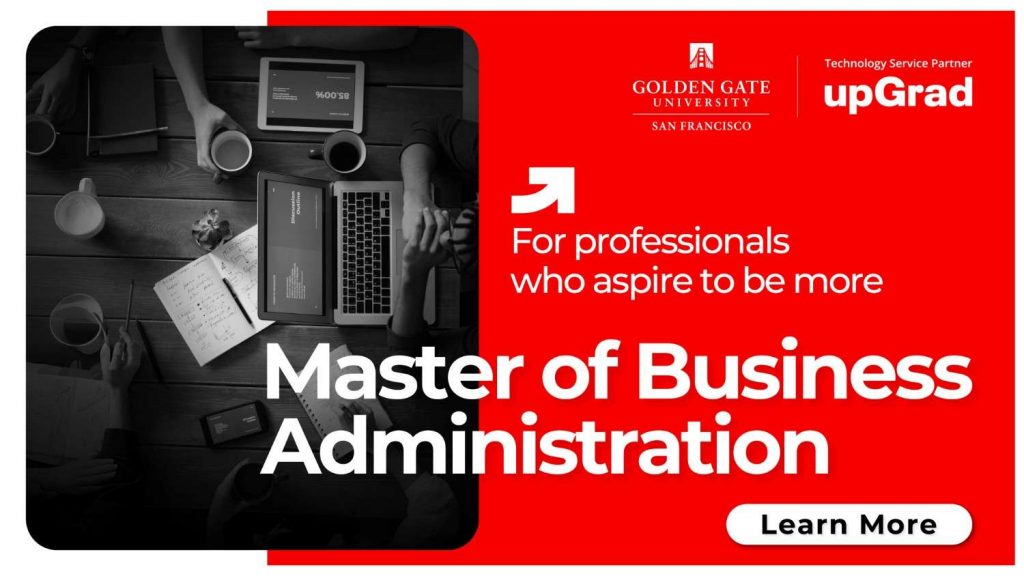Soft skills are no longer just nice-to-have but a must-have for HR professionals striving to lead with impact. According to the Society for Human Resource Management’s 2024 Talent Trends report, 30% of candidates lack the interpersonal competencies employers seek, highlighting a significant gap in essential skills like communication, emotional intelligence, and adaptability. For HR professionals, these aren’t just desirable traits; they’re fundamental to effective talent management, conflict resolution, and fostering a positive workplace culture.
As the workplace becomes more dynamic and people-focused, mastering the right skills needed for HR is critical to success. Whether you’re enhancing your skills for HR advancement or aiming for a leadership role, this blog explores the must-have soft skills that can elevate your HR game.
Source: SHRM
Top 5 Soft Skills Essential for HR Professionals
In the evolving world of human resources, technical knowledge alone is not enough. HR professionals need a strong set of soft skills to manage people and workplace dynamics effectively. Below is a table summarizing the top 5 soft skills essential for HR professionals, followed by detailed insights into each.
| Soft Skill | Importance in HR |
| Emotional Intelligence (EQ) | Manage emotions to improve employee relations and leadership. |
| Effective Communication | Convey ideas clearly and foster open dialogue. |
| Cultural Awareness and Sensitivity | Support diversity and inclusion in the workplace. |
| Teamwork and Collaboration | Build cooperation across departments. |
| Adaptability and Flexibility | Adjust to changing business environments. |
Emotional Intelligence (EQ)
Emotional intelligence (EQ) stands out among the critical human resources qualifications and skills. It enables HR professionals to understand and manage emotions, both their own and those of employees. This ability is vital for resolving conflicts, enhancing employee engagement, and providing effective leadership. Developing EQ is a fundamental part of the HR manager’s skills needed to foster a supportive workplace culture.
Effective Communication
Effective communication is one of the key HR requirements skills. HR professionals must clearly articulate policies, conduct interviews, and facilitate discussions between management and staff. Strong communication skills ensure transparency and trust, essential to maintaining positive employee relations and organizational success.
Also Read: Top Communication Skills to Accelerate Your Career Growth
Cultural Awareness and Sensitivity
As workplaces become more diverse, cultural awareness and sensitivity have become essential skills for HR professionals. They must understand and respect different cultural backgrounds to create inclusive policies and reduce bias. This skill enhances employee satisfaction and helps meet legal and ethical HR requirements.
Teamwork and Collaboration
Collaboration is a vital component of human resources qualifications and skills. HR professionals work closely with various teams to align human capital strategies with business goals. Strong teamwork skills help HR managers foster cooperation and build a productive, cohesive work environment.
Adaptability and Flexibility
The ability to adapt quickly is a top priority among HR managers’ skills. The HR landscape constantly changes due to evolving laws, technology, and workplace trends. Flexibility allows HR professionals to navigate these changes efficiently, meeting modern organizations’ dynamic HR requirements and skills.
Also Read: Understanding The Scope of an MBA: Key Opportunities & Trends
Enhancing Your Soft Skills: Practical Tips for HR Professionals
Strong soft skills are essential for HR success. Whether you are aiming to boost your HR manager skills or strengthen the soft skills for an HR resume, continuous improvement is key. Here are some practical strategies to enhance your human resources qualifications and skills.
| Strategy | Description |
| Enroll in Workshops | Join sessions on communication, empathy, and conflict resolution. |
| Use Real-Life Scenarios | Practice mock interviews, feedback sessions, and employee mediation. |
| Seek Feedback | Get regular input from peers and mentors to spot and improve weak areas. |
| Online Courses | Take targeted courses to develop specific HR skills needed for various roles. |
Also Read: MBA Admission Requirements: How to Get Into a Top Online MBA Program in Canada
upGrad’s Role in Empowering HR Professionals
upGrad empowers HR professionals through the Professional Certificate Programme in HR Management and Analytics offered by IIM Kozhikode. Delivered via the upGrad learning platform, this program blends academic excellence with practical insights, covering key areas like HR strategy, analytics, and leadership. With flexible online learning and expert mentorship, professionals can upskill while continuing their careers. Gain a prestigious certification from IIM Kozhikode and elevate your HR journey with upGrad’s cutting-edge educational experience.
FAQs On Soft Skills Every HR Professional Should Have
Q: How can HR professionals improve their soft skills?
Ans: HR professionals can improve soft skills by attending workshops, seeking feedback, engaging in role-play scenarios, and practicing active listening. Regular self-reflection and mentoring also help enhance communication, empathy, and conflict resolution abilities over time.
Q: What’s the difference between soft skills and hard skills in HR?
Ans: Soft skills in HR involve interpersonal traits like communication, empathy, and adaptability. Hard skills are technical abilities such as data analysis, HR software proficiency, and labor law knowledge. Both are essential for effective HR performance.
Q: Why is emotional intelligence crucial in HR?
Ans: Emotional intelligence enables HR professionals to understand and manage their own and others’ emotions. It improves conflict resolution, employee relations, and team morale, making it essential for fostering a positive and productive workplace.
Q: What are the most essential soft skills for HR professionals?
Ans: Key soft skills for HR professionals include communication, empathy, adaptability, conflict resolution, and active listening. These skills help manage people effectively, build trust, and support a healthy organizational culture.
Q: Why do you need soft skills in a human resource position?
Ans: Soft skills are essential in HR for handling sensitive situations, resolving conflicts, and fostering employee engagement. They enable HR professionals to build rapport, lead with empathy, and communicate policies clearly and respectfully.









